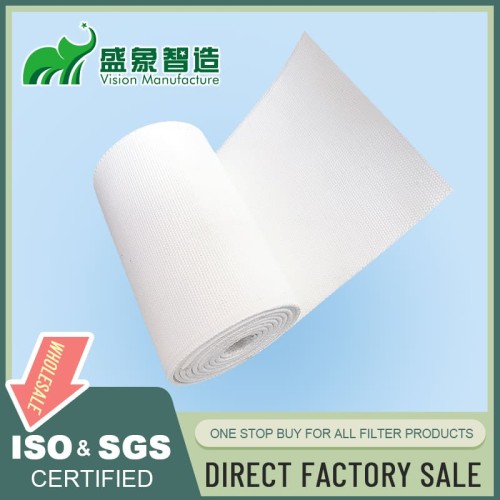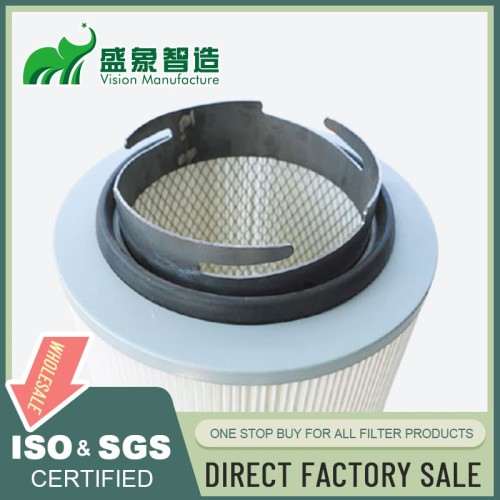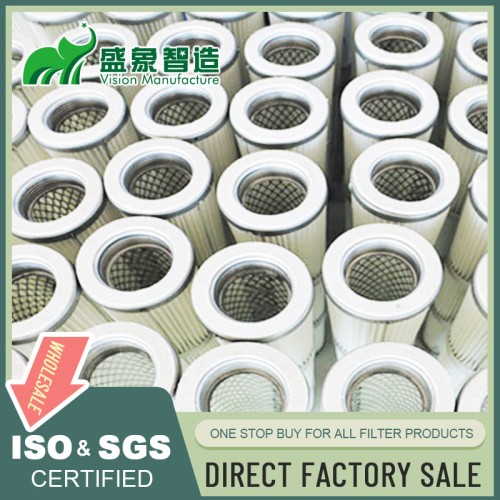
Multi Bag Filter Housing: Enhancing Filtration Efficiency in Industrial Processes
Introduction
In the realm of industrial filtration, the multi bag filter housing stands out as a reliable and versatile solution. This article explores the various aspects of multi bag filter housing, from its applications and advantages to factors influencing its selection.
Types of Multi Bag Filter Housing
Standard Multi Bag Filter Housings
Understanding the basic design and functionality of standard multi bag filter housings.
High-Capacity Multi Bag Filter Housings
Exploring advanced models designed for industries with higher filtration demands.
Applications Across Industries
Manufacturing Sector
How multi bag filter housing contributes to maintaining a clean and efficient manufacturing environment.
Pharmaceutical Industry
Ensuring product purity through precise filtration in pharmaceutical manufacturing processes.
Water Treatment
The crucial role of multi bag filter housing in water treatment for both industrial and municipal applications.
Advantages of Choosing Multi Bag Filter Housing
Enhanced Filtration Efficiency
How the multi bag configuration optimizes particle capture, ensuring high-quality filtration.
Cost-Effectiveness and Durability
The economic advantages of investing in a durable filtration solution that offers long-term cost savings.
Factors to Consider When Selecting Multi Bag Filter Housing
Flow Rate Compatibility
Why matching the flow rate capacity of the housing to the system is paramount for optimal performance.
Material Selection
Understanding the importance of choosing materials that align with the substances being filtered.
Installation and Maintenance Best Practices
Proper Installation Procedures
Guidelines for the correct installation of multi bag filter housing to maximize efficiency.
Routine Maintenance
The importance of regular maintenance to extend the lifespan of the filtration system.
Real-World Success Stories
Case Study: Industrial Plant X
How the implementation of multi bag filter housing transformed the filtration process in a manufacturing plant.
Case Study: Water Treatment Facility Y
The positive impact of multi bag filter housing on water quality in a municipal water treatment facility.
Future Trends in Filtration Technology
Smart Filtration Systems
Exploring the integration of technology to enhance the efficiency and capabilities of multi bag filter housing.
Sustainable Filtration Practices
The emergence of eco-friendly materials and practices in the design of multi bag filter housing.
Frequently Asked Questions (FAQs)
1. What is the primary function of multi bag filter housing?
Multi bag filter housing is designed to capture and remove particles from liquids, ensuring a clean and efficient process.
2. Can multi bag filter housing handle high-flow applications?
Yes, high-capacity multi bag filter housings are specifically designed to accommodate industries with elevated filtration needs.
3. How often should routine maintenance be performed on multi bag filter housing?
Regular maintenance is recommended, typically conducted quarterly, to ensure optimal performance and longevity.
4. Are multi bag filter housings customizable for specific industrial requirements?
Yes, many manufacturers offer customizable options to meet the unique needs of different industries.
5. What is the expected lifespan of a multi bag filter housing?
With proper installation and routine maintenance, multi bag filter housings can last several years, providing a cost-effective solution.
6. Can multi bag filter housing be retrofitted into existing filtration systems?
In many cases, yes. Manufacturers often design housings with compatibility in mind for easy integration into existing systems.
Conclusion
In conclusion, multi bag filter housing stands as a cornerstone in the realm of industrial filtration, offering efficiency, versatility, and cost-effectiveness. Embrace the future of filtration technology by considering the adoption of multi bag filter housing in your industrial processes.
Additional Resources:
· U.S. Environmental Protection Agency (EPA)
· World Health Organization (WHO)
· Occupational Safety and Health Administration (OSHA)



